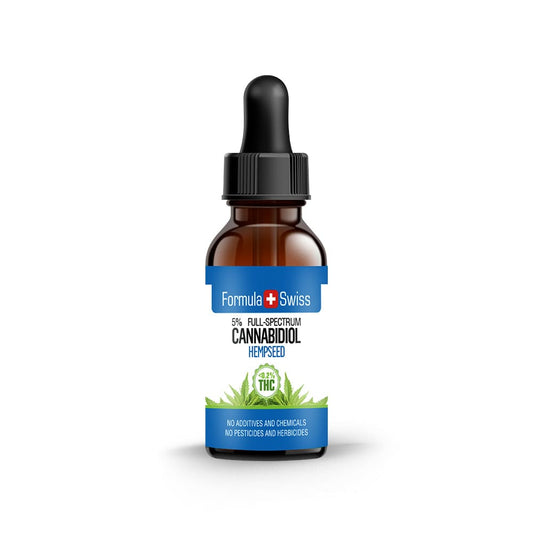Emerging Trends in Pediatric Care: Cannabis-Based Treatments for Cerebral Palsy
In a remarkable development in pediatric healthcare, a recent survey published in the journal Children has revealed that physicians are increasingly recommending cannabis-based treatments for children suffering from cerebral palsy (CP). This survey, conducted among 70 physicians with experience in treating children with CP, spans across Europe, North America, and Australia, highlighting a global shift in medical practice.
Physicians' Growing Endorsement of Cannabis-Based Therapies
The survey results are eye-opening: 47% of the respondents reported having authorized cannabis-based therapies (such as Dronabinol, Epidiolex, whole-plant cannabis extracts, or CBD) for their pediatric patients. These treatments are typically used as an adjunctive therapy, complementing traditional treatment methods.
Doctors were most likely to recommend cannabinoids for treating seizures, spasticity, and pain in children with CP. This indicates a significant shift in the perception of cannabis-based treatments in the medical community, especially in the context of pediatric care.
Effectiveness of Cannabis-Based Treatments in CP Symptoms
An overwhelming 69% of the surveyed physicians reported that cannabis-based treatments provided either “strong” or “moderate” effects on CP symptoms. This statistic is particularly noteworthy, as it reflects the real-world impact of these treatments on improving the quality of life for children with CP.
The study’s authors concluded that the participating physicians acquired their knowledge about cannabinoids mainly outside their medical training. This highlights the need for more comprehensive education and training in medical schools regarding the use of cannabinoids in treatment.
Diverse Formulas and Indications
The physicians in the survey frequently prescribed different formulas of cannabinoids for various indications in children with CP. The most common indications were epilepsy, spasticity, and pain, with treatment often initiated as co-medication or second-line treatment.
Overall, the physicians perceived a moderate efficacy of cannabinoids and reported no long-term side effects. This finding is crucial as it addresses one of the primary concerns regarding the use of cannabis-based treatments in children - safety and side effects.
Global Perspective on Cannabis-Based Pediatric Treatments
The survey's international scope, encompassing responses from physicians in Europe, North America, and Australia, underscores the global interest and acceptance of cannabis-based treatments in pediatric care. This international perspective is vital for understanding the broader implications of these findings and for fostering a more unified approach to pediatric healthcare.
The survey conducted among physicians treating children with cerebral palsy marks a significant milestone in the integration of cannabis-based treatments in pediatric care. It reflects a growing recognition of the potential benefits of these treatments and underscores the need for further research and education in this field. As the medical community continues to explore and embrace alternative treatment options, the use of cannabis-based therapies in pediatric care, particularly for conditions like cerebral palsy, is poised to become an increasingly important part of the healthcare landscape.






